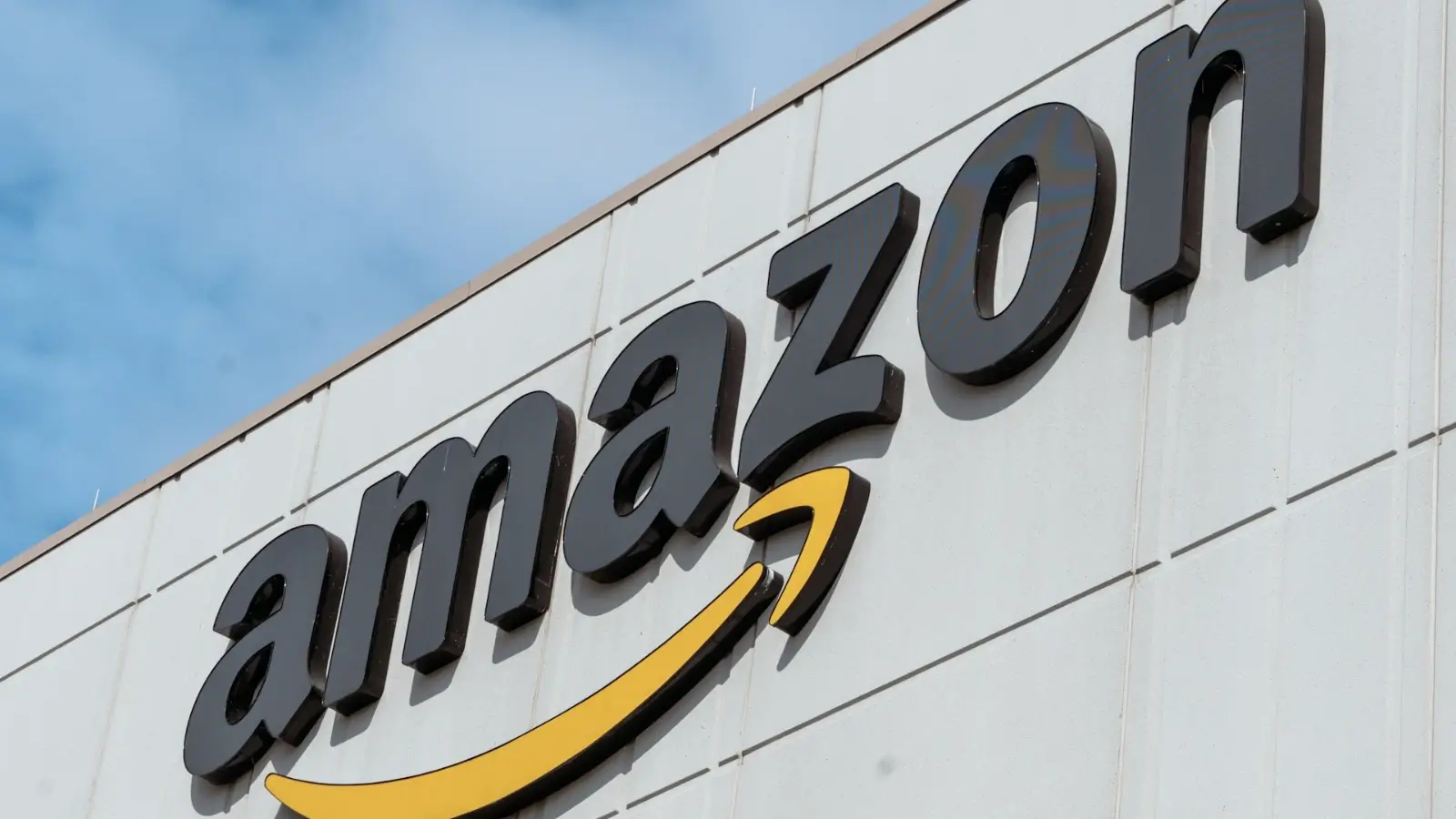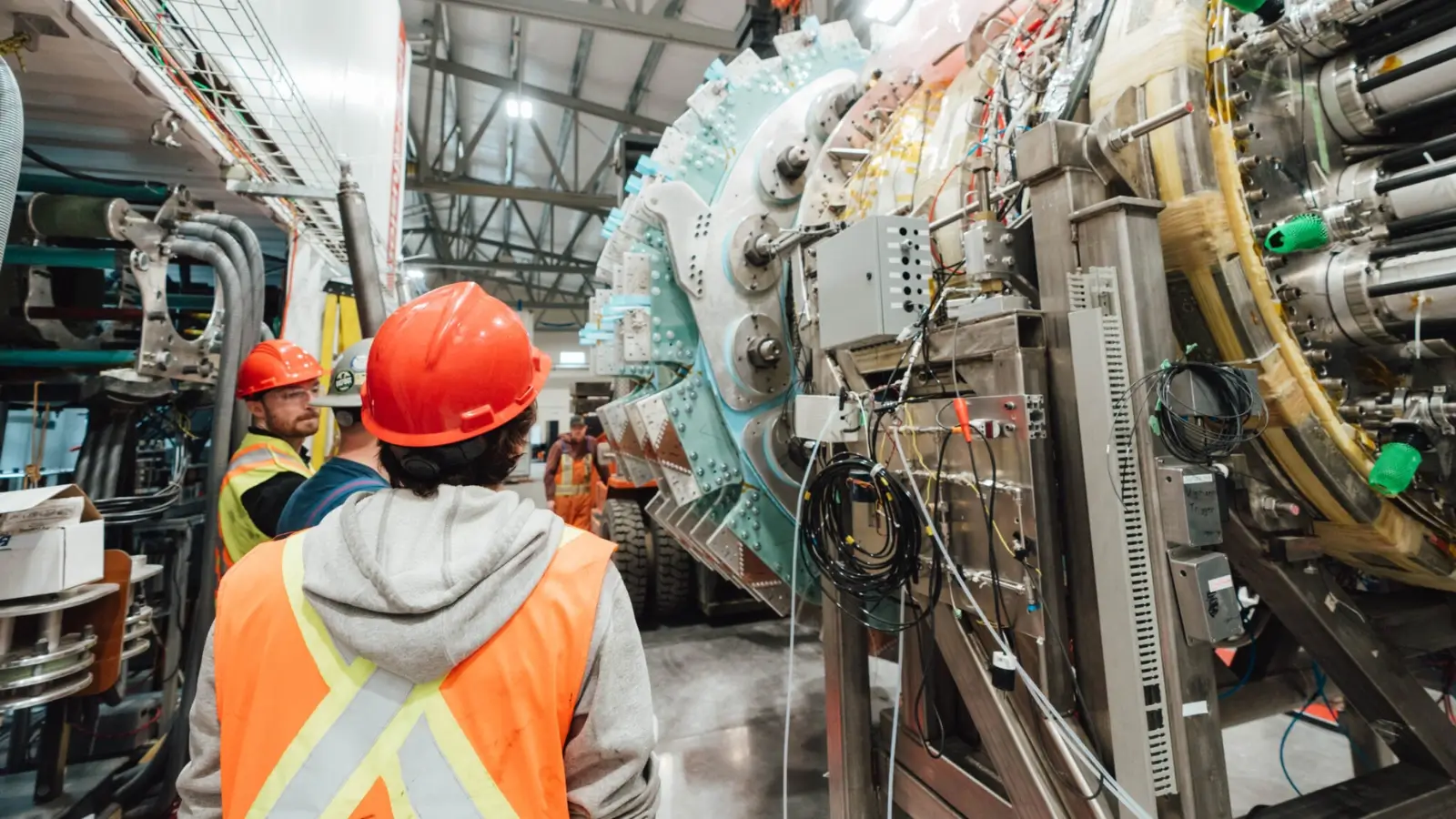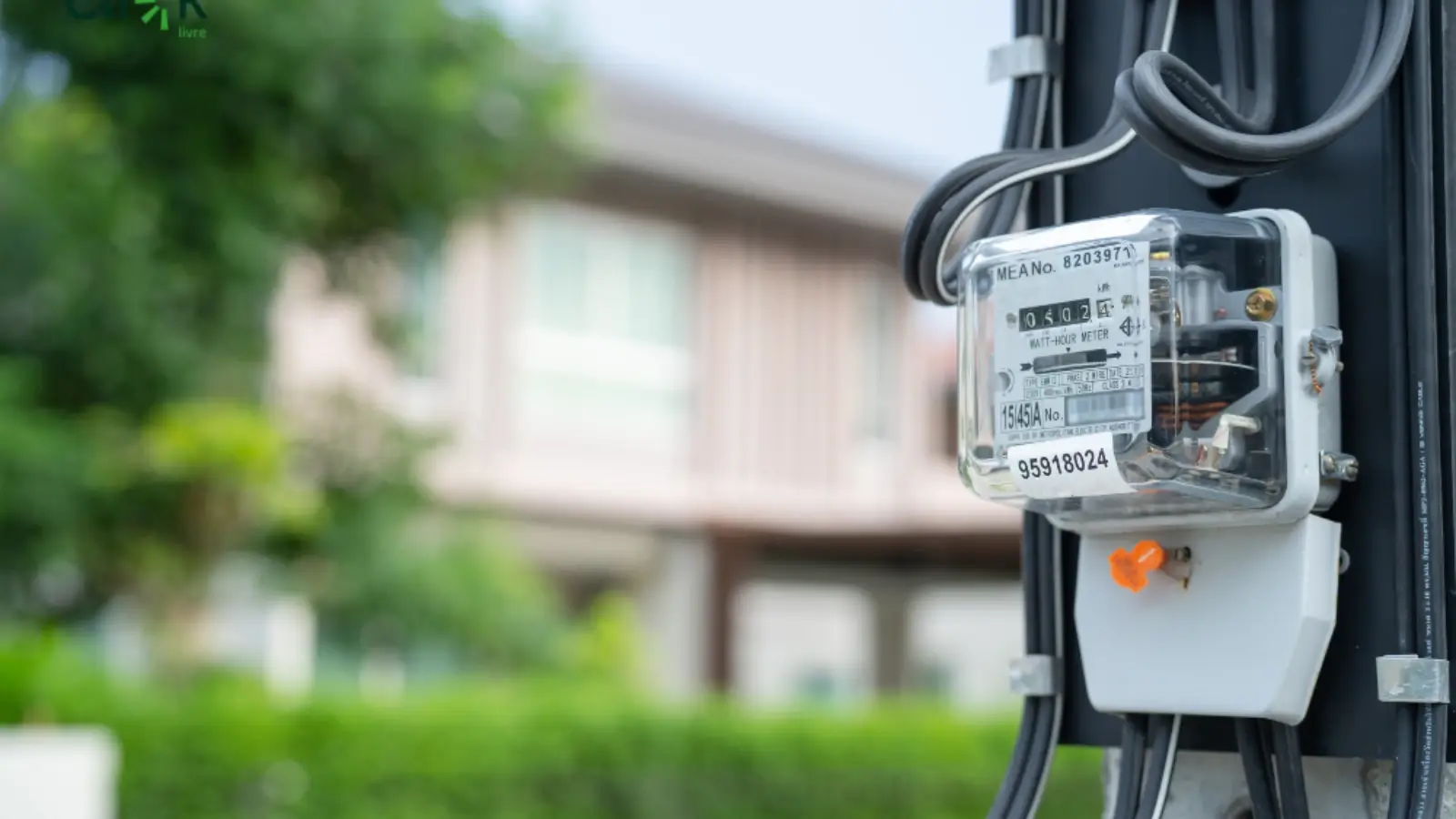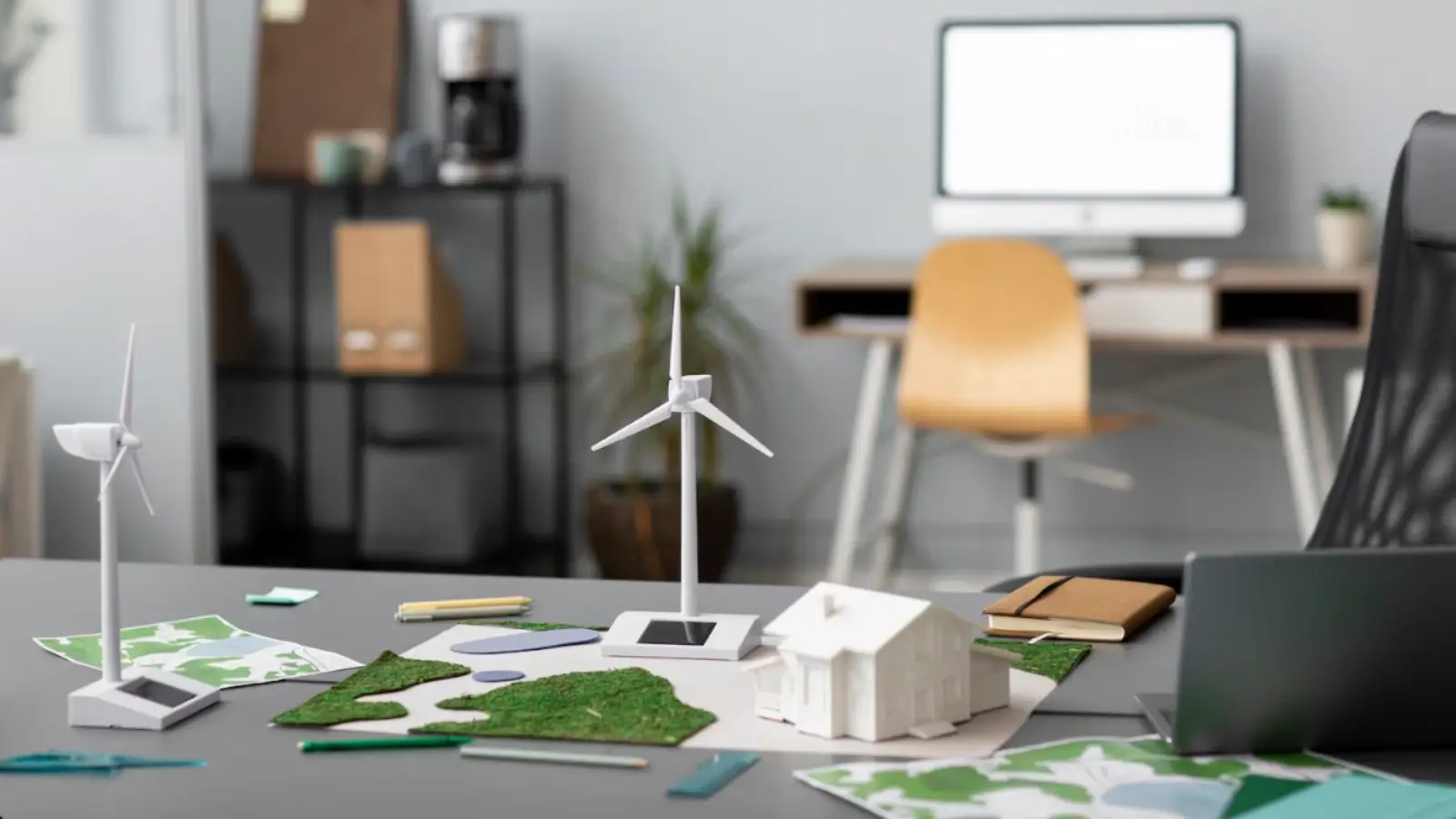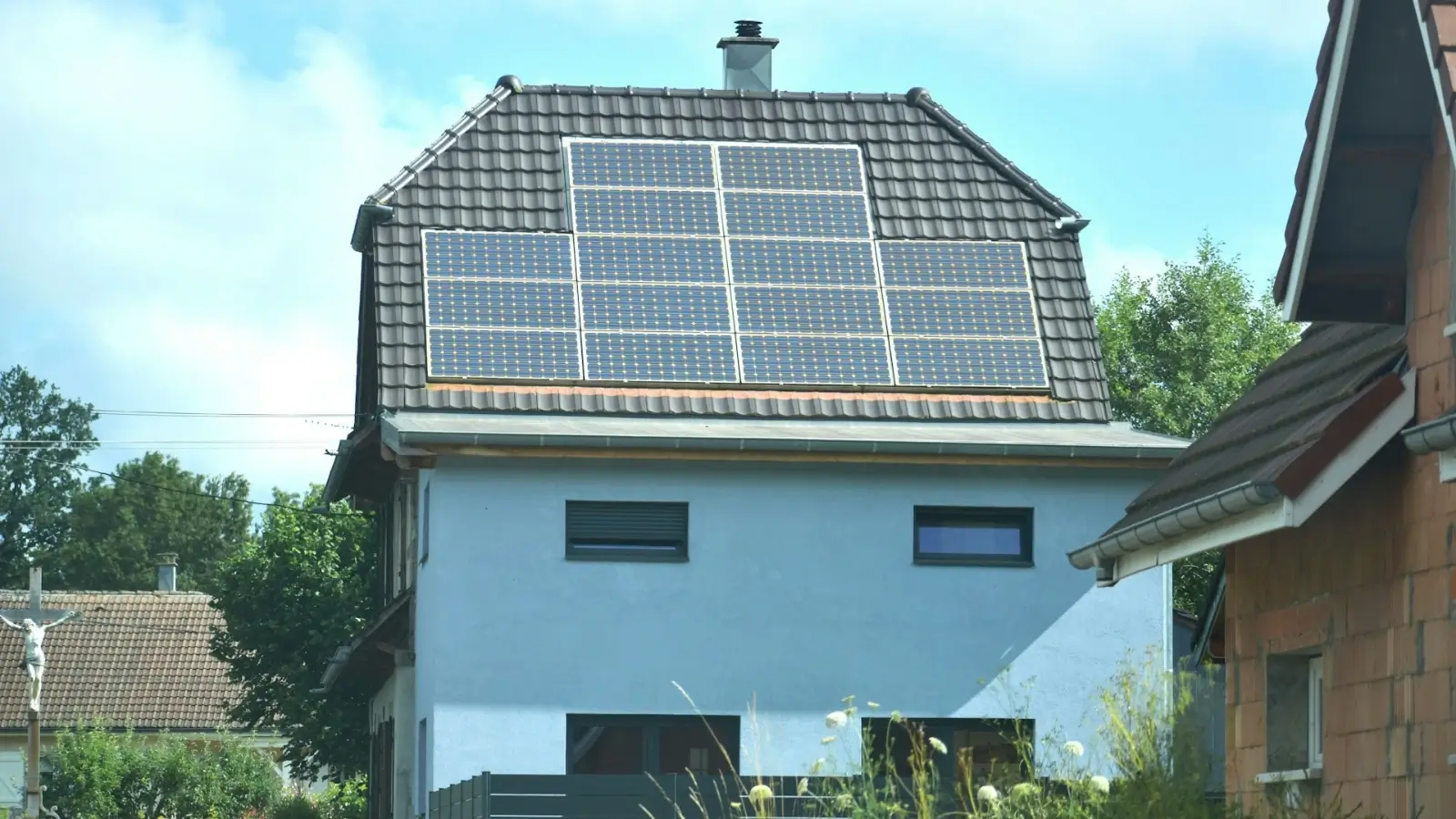How Sustainability Became the Smartest Business Strategy of 2026
— Sustainability has become the smartest business strategy of 2026, aligning long-term profitability with purpose and innovation.

In 2026, sustainability has evolved from a niche ethical concern into the most intelligent business strategy for companies seeking long-term growth and resilience. What was once considered a costly and optional initiative has now become a critical differentiator in a fiercely competitive marketplace. Businesses that prioritize sustainability are reaping significant financial, operational, and reputational benefits, making eco-conscious strategies not just morally right, but economically wise.
Drivers of the Sustainability Shift
The shift toward sustainability is driven by several converging factors. Increasing regulatory pressures, investor expectations, and consumer demand for environmentally responsible products and services have compelled companies to rethink traditional business models. For instance, governments across the globe are introducing stricter emissions targets and carbon reporting requirements, forcing industries to innovate in ways that reduce their ecological footprint. At the same time, investors are increasingly channeling funds into companies with strong Environmental, Social, and Governance (ESG) profiles, understanding that sustainable operations often correlate with lower risk and better long-term returns.
Consumers, too, have become more discerning, actively favoring brands that demonstrate genuine environmental responsibility. From fast fashion to tech giants, customers are demanding transparency about supply chains, energy usage, and waste management. Companies failing to meet these expectations risk losing market share to competitors that embrace sustainability as a core principle.
Technology and Innovation Driving Change
Technological innovation plays a pivotal role in enabling sustainable business practices. Renewable energy adoption, smart logistics, circular economy models, and advanced carbon capture technologies are making it feasible for companies to operate efficiently while minimizing environmental impact. One notable example is Carbon Clean, a company at the forefront of carbon capture solutions. By providing scalable and cost-effective technologies to reduce industrial carbon emissions, Carbon Clean enables businesses to significantly lower their environmental footprint while simultaneously saving money.
Sustainability and Profitability
Moreover, sustainability is increasingly linked to profitability. Companies that integrate eco-friendly practices into their operations often see reduced energy costs, lower waste management expenses, and improved operational efficiency. These financial benefits make sustainability a strategic investment rather than a mere ethical choice. In addition, adopting green technologies and processes can spur innovation, opening new markets and creating opportunities for product differentiation that appeal to environmentally conscious consumers.
Reputational Advantages
The reputational advantages of sustainability cannot be overstated. Brands that demonstrate a commitment to environmental stewardship enhance their public image, attract top talent, and build stronger relationships with stakeholders. In a world where social media amplifies every business decision, a strong sustainability profile can protect against reputational risk and even turn environmental responsibility into a marketing asset.
Sustainability as a Smart Business Strategy
In essence, sustainability has become the smartest business strategy of 2026 because it aligns profitability with purpose. By investing in eco-friendly technologies, streamlining operations, and meeting stakeholder expectations, companies position themselves for both short-term gains and long-term resilience. The businesses that thrive in this new era are those that recognize sustainability not as a cost center, but as a catalyst for innovation, growth, and competitive advantage.
As we look toward the future, it’s clear that sustainability is no longer optional. It has become an integral part of smart business strategy, proving that doing good for the planet and achieving business success are not mutually exclusive but mutually reinforcing. Companies that embrace sustainability today aren’t only contributing to a healthier planet but also securing their place at the forefront of the global economy in 2026 and beyond.




